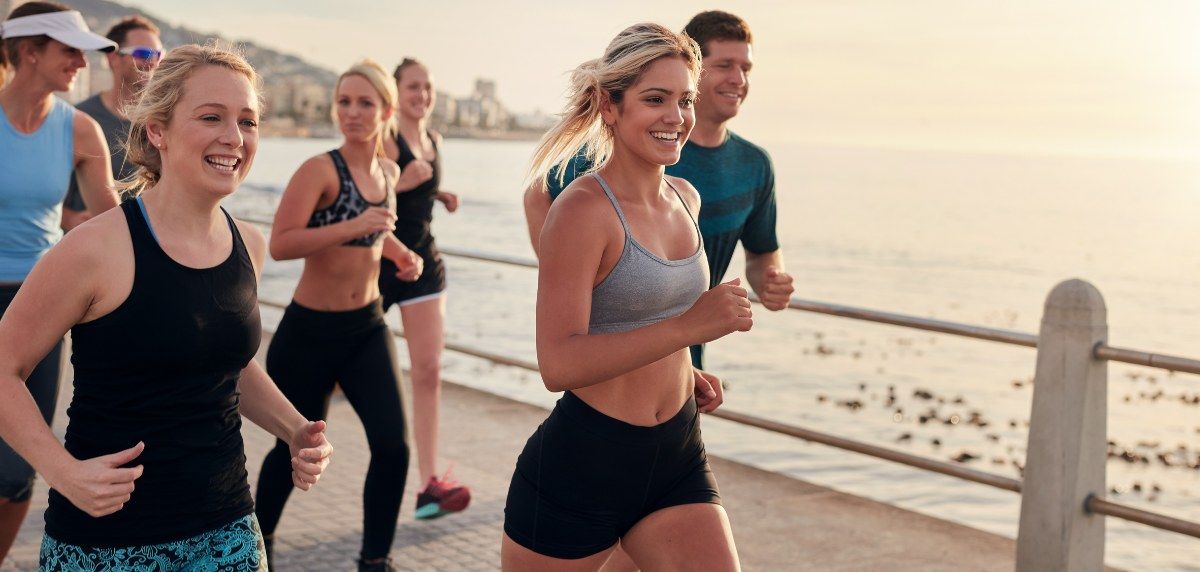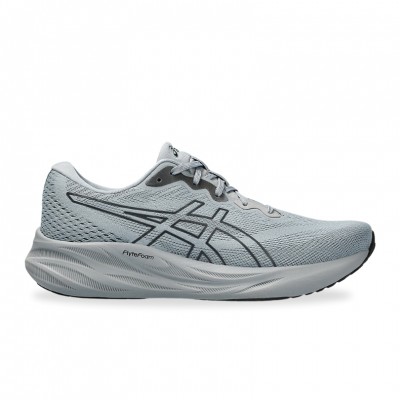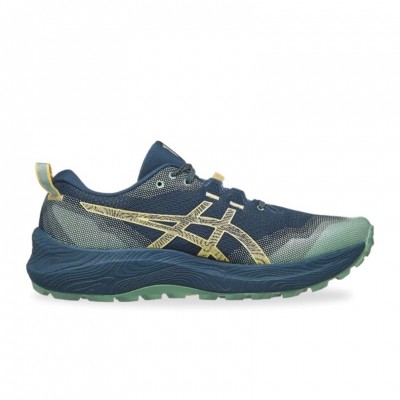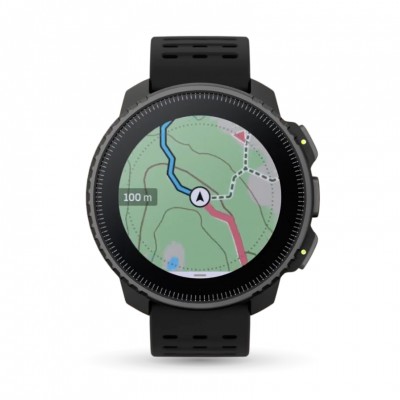In recent years, there has been significant progress in studying the impact of exercise on mental health. One area that has received much attention is the relationship between physical activity, especially running, and its effects on anxiety. With the global increase in anxiety disorders, it's crucial for society to explore alternative and complementary treatments to alleviate this issue. At RUNNEA, we aim to analyse and explain how exercise, particularly running, can be highly effective in alleviating the symptoms of anxiety.
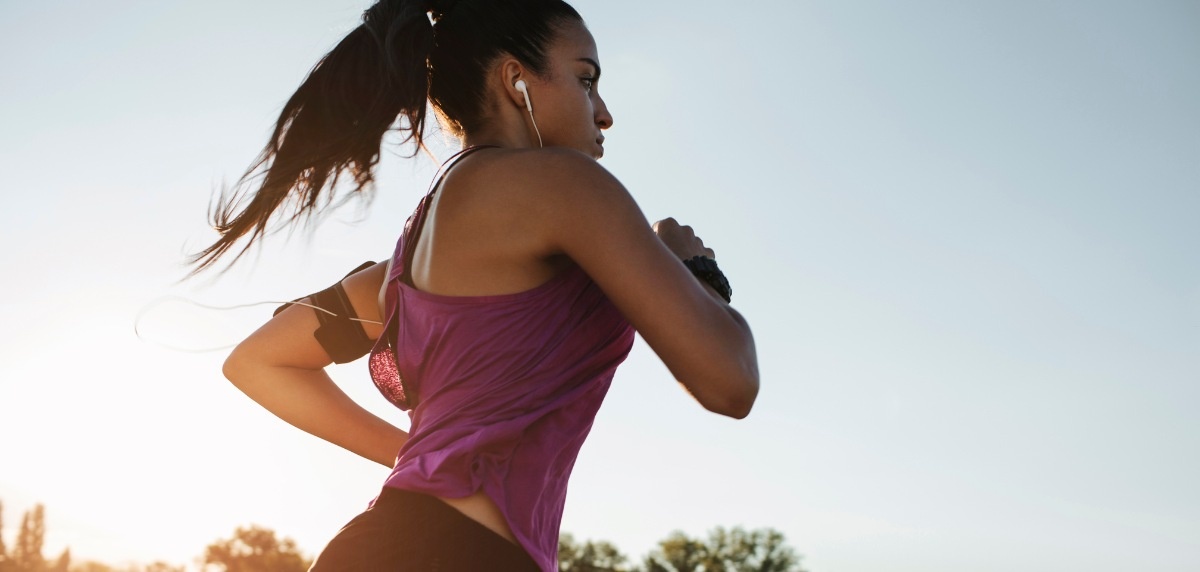
Not sure which shoe to choose?
In a few simple steps we help you to choose the ideal running shoe for you.
GO TO THE RECOMMENDERThe prevalence of anxiety
Anxiety is one of the most common mental health disorders worldwide. According to the World Health Organization (WHO), approximately 264 million people suffer from anxiety disorders globally. Studies in Spain suggest that around 67% of the population will experience some form of anxiety disorder during their lifetime. These disorders not only impact the quality of life of those affected but also impose significant economic and social costs.
Scientific Evidence on Exercise and Anxiety
Numerous studies have documented the mental health benefits of exercise, including its ability to alleviate anxiety symptoms. A study published in the Journal of Anxiety Disorders in 2021 concluded that physical exercise is an effective treatment for anxiety, showing effects comparable to those of psychotherapy and some antidepressant medications.
When specifically considering activities such as running, they not only improve physical fitness but also trigger a series of neurobiological changes that can help reduce anxiety. Clinical studies have shown that regular aerobic exercise, such as lacing up your running shoes and going for a run, alters the activity of the autonomic nervous system, thereby reducing the "fight or flight" response often observed in individuals with anxiety.

Biological mechanisms
The effect of exercise on anxiety can be explained through several biological mechanisms:
- Neurotransmitter regulation: running increases the production of neurotransmitters such as serotonin and dopamine, which play a crucial role in regulating mood and anxiety.
- Brain-derived neurotrophic factor (BDNF): Physical activity increases levels of BDNF, which facilitates brain plasticity and resilience to psychological stress.
- Reduced inflammation: Exercise can reduce systemic inflammation, which has been linked to the development of anxiety disorders.
- Endorphins and endocannabinoids: Running raises endorphin and endocannabinoid levels, providing a sense of well-being and relaxation.
Another study, published in the British Journal of Sports Medicine in 2023, analysed over 100 clinical trials and concluded that regular physical activity, specifically 150 minutes per week of moderate to intense exercise, significantly benefits anxiety symptoms. Moreover, high-intensity exercise has shown greater efficacy, suggesting that intensity plays a crucial role in the effectiveness of exercise as an anxiety treatment.
Exercise as a complementary treatment
While medication and psychological therapy remain primary treatments for anxiety disorders, exercise is gaining increasing recognition. In clinical settings, more health professionals are recommending exercise as part of comprehensive anxiety treatment plans, primarily due to its affordability and absence of negative side effects associated with certain medications.
(Productos) [Módulo] Zapatillas running más vendidas
Practical analysis and advice

For individuals grappling with anxiety, there's no necessity to dive into intense workouts immediately. In fact, starting with low-intensity runs is advisable for better adherence to training. Experts recommend commencing with short sessions, 20 to 30 minutes in duration, three times a week, and gradually increasing duration and intensity based on individual response to exercise.
The types of running sessions that can aid in anxiety reduction vary based on individual fitness levels, preferences, and anxiety severity. Here are some training options that may prove beneficial for incorporating running:
- Low-intensity Running: regular sessions of gentle jogging can be very beneficial, especially for beginners and those who prefer a less intense approach. Running at a comfortable pace helps clear the mind and reduces stress levels without overtaxing the body.
- High-intensity interval training (HIIT): For those looking for a more intense workout, HIIT can offer additional benefits. These workouts alternate between periods of maximal effort and recovery. A 2018 study published in Anxiety, Stress & Coping found that HIIT can be particularly effective for reducing anxiety due to its ability to rapidly improve cardiovascular health and increase endorphin levels.
- Running in nature: Running libre, especially in natural settings such as parks or near bodies of water, can enhance the anxiolytic effects of exercise. The natural setting not only provides a change of scenery but has also been shown to reduce stress and improve mood more effectively than running in an urban environment.
- Group Running: Participating in group runs or running clubs can offer the added benefit of social support, which is an important factor in managing anxiety. The social aspect of group running can alleviate feelings of isolation, increase motivation and improve adherence to regular exercise.
- Mindful Running: Integrating mindfulness techniques while running can increase the mental benefits of running. This involves paying full attention to each step, breathing and the environment, which helps focus the mind and reduce anxious thoughts.
- Regular and consistent sessions: Regularity is key. Establishing a running routine can provide structure and predictability, which is reassuring for many people who suffer from anxiety. Consistency also helps build endurance and improves overall fitness, which can contribute to a greater sense of well-being.
It's essential for individuals to identify the type of running session that best suits their needs and preferences. Starting under the supervision of a trainer or health professional can also be helpful, especially if exercise is part of an anxiety treatment plan.
It's important to acknowledge that while exercise, including running, can effectively manage anxiety, it should not replace professional medical care when necessary. For individuals experiencing severe anxiety, seeking guidance from a mental health professional is paramount.
Read more news about: Running Training
